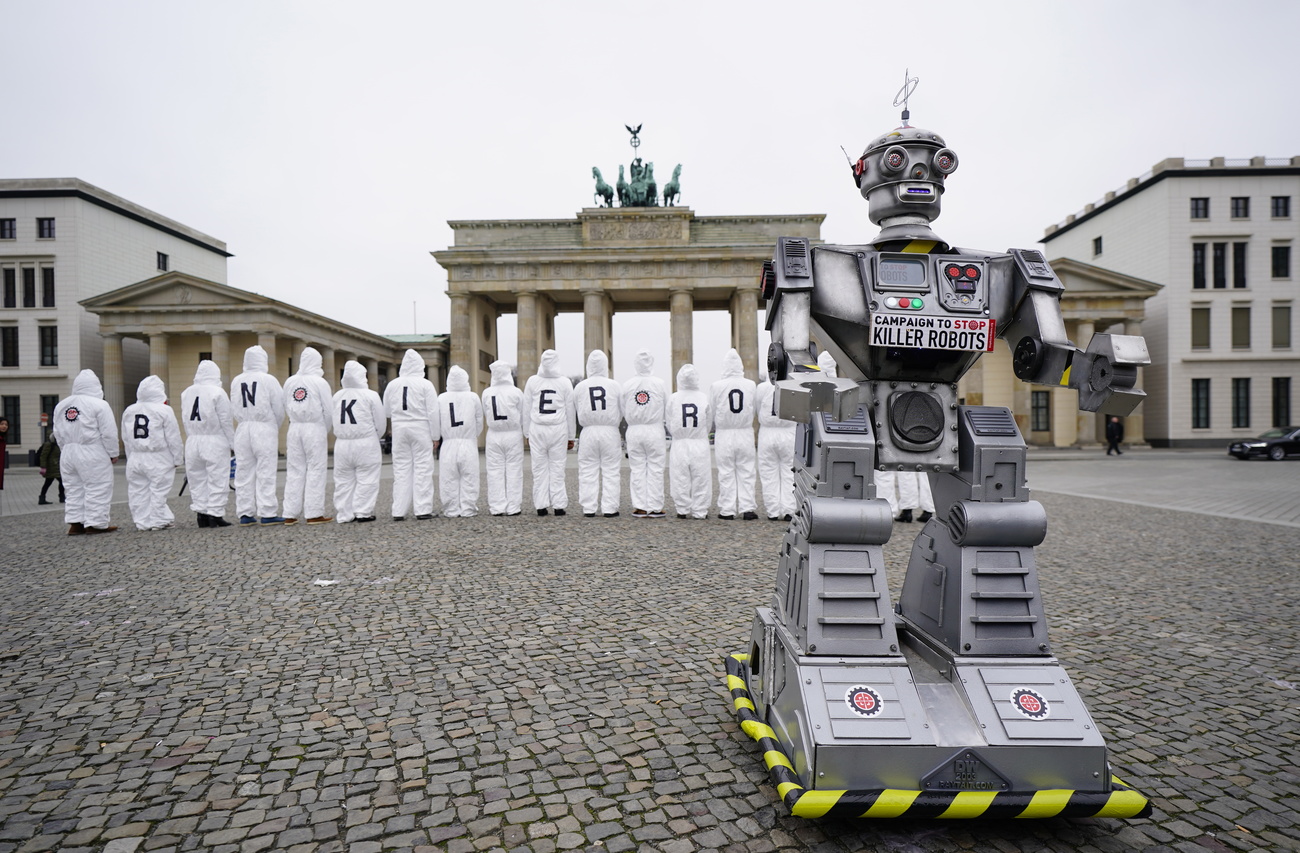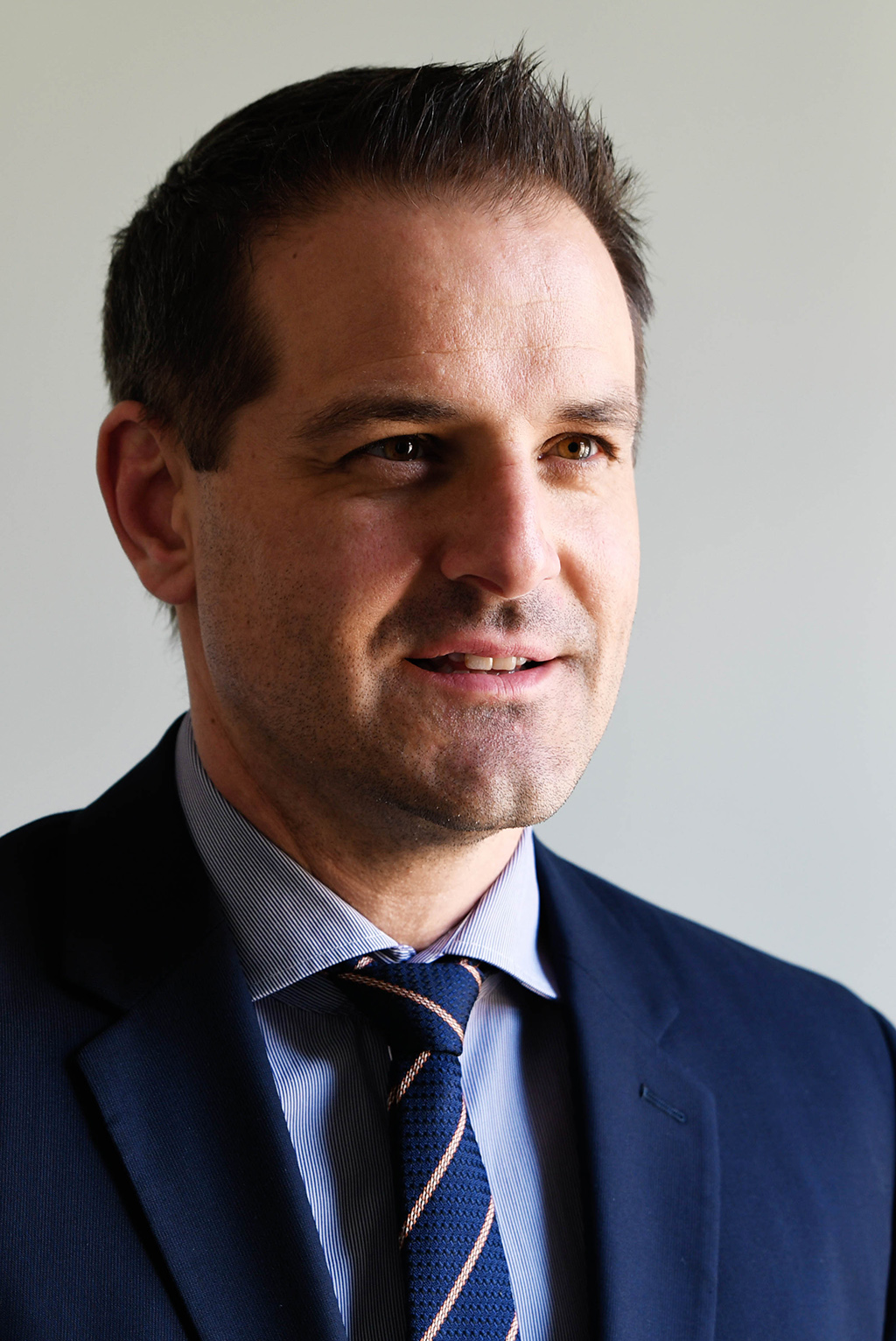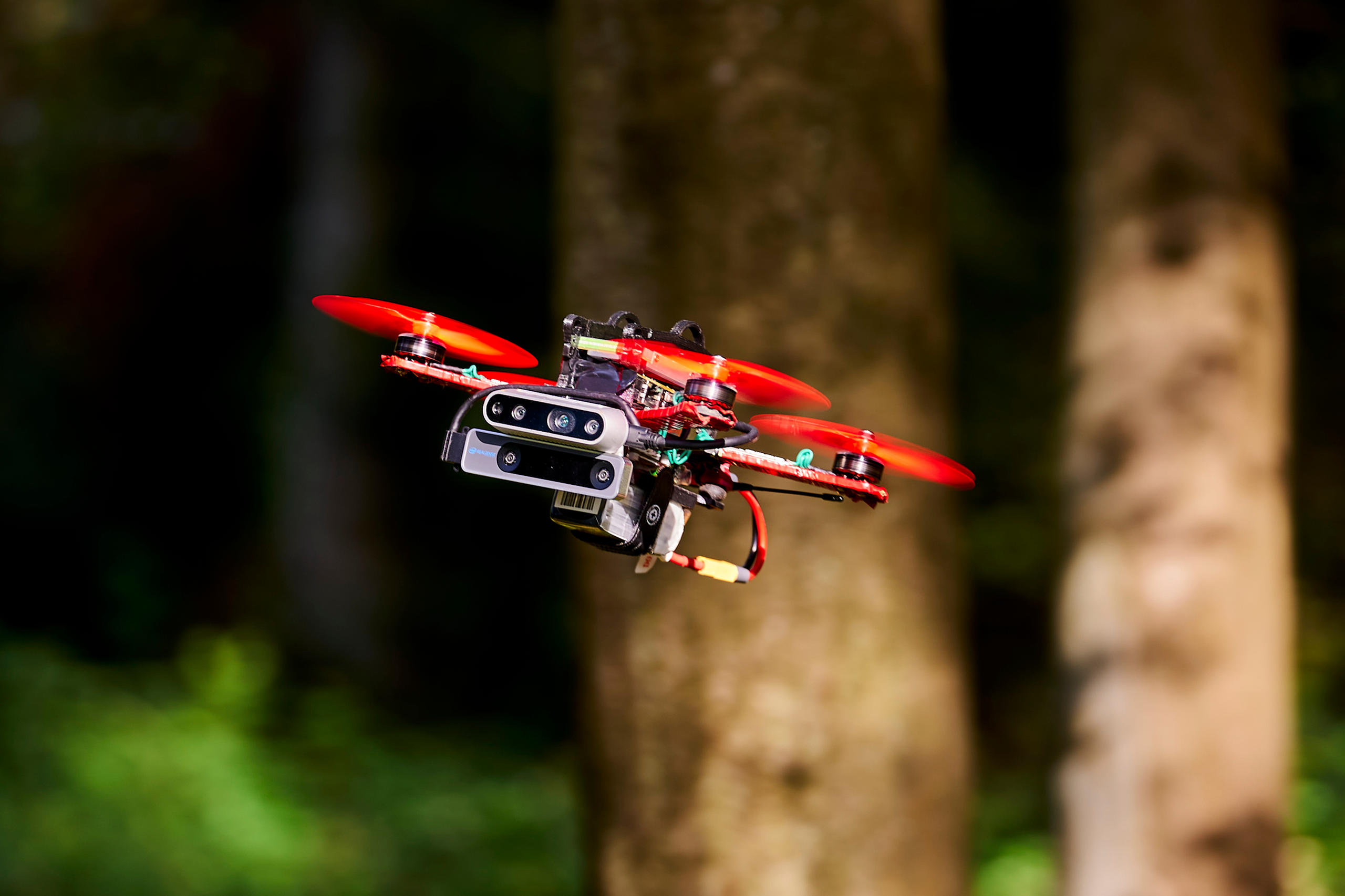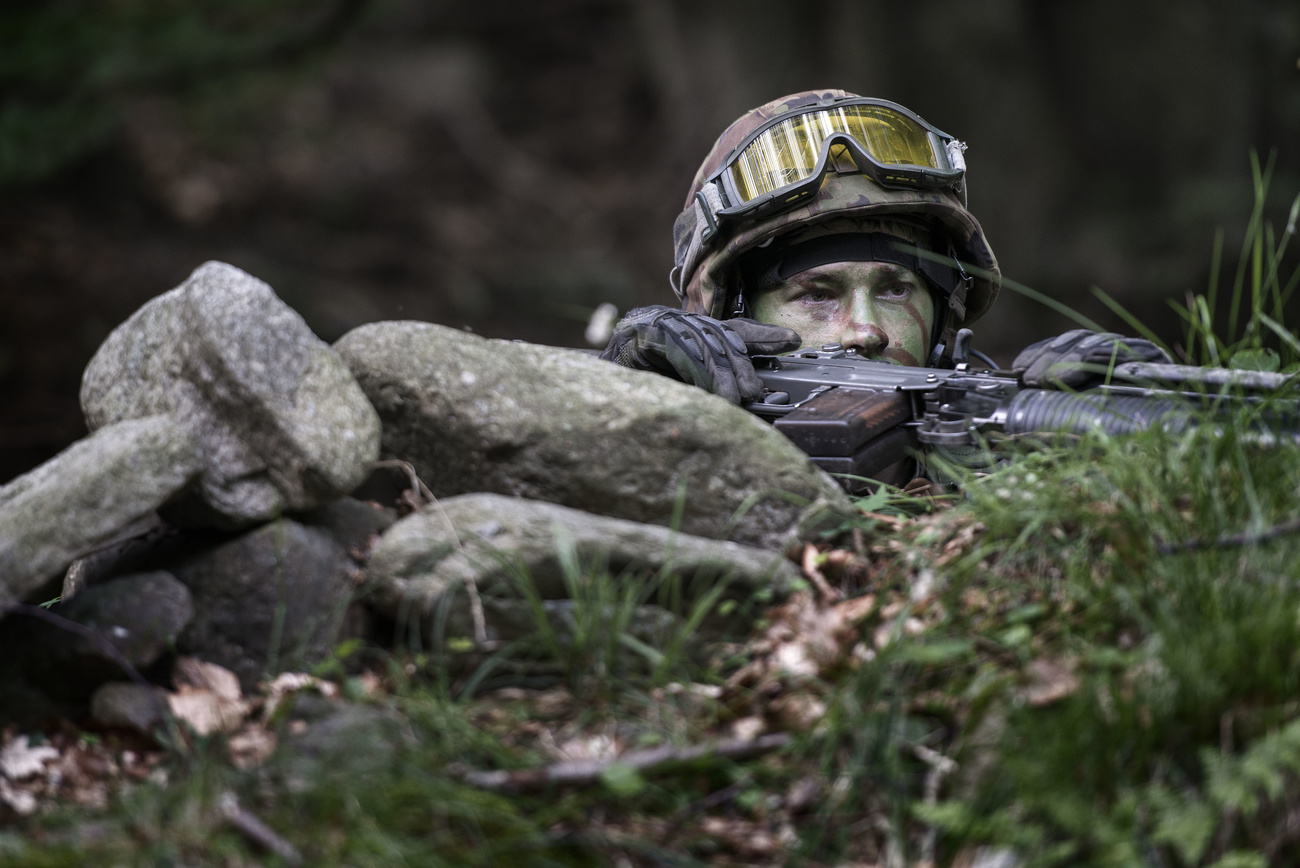‘We don’t want killer robots’

Switzerland wants to explicitly ban autonomous weapons that fail to meet the requirements of international humanitarian law. Reto Wollenmann, a top official from the Federal Department of Foreign Affairs, explains why an international convention is still a long way off.
SWI swissinfo.ch: You’re responsible for arms control, disarmament and cyber security at the Federal Department of Foreign Affairs. What is Switzerland’s position on autonomous weapons?

Reto Wollenmann: Switzerland doesn’t want killer robots! This is why we are clearly opposed to the development of fully autonomous weapons. At the same time, artificial intelligence is a reality in today’s world, and isn’t intrinsically a bad thing either. We use it everywhere in our daily lives. But when it comes to weapons systems, we need clear legal and ethical limits about autonomy.
SWI: What is Switzerland’s view on an international treaty?
R.W: Switzerland is pushing for international controls. It wants to explicitly ban autonomous weapons that do not meet the requirements of international humanitarian law. Such weapons would be a violation of international humanitarian law and ethically highly problematic. In addition, Switzerland wants the deployment of all other autonomous weapons to be internationally regulated and governed. Autonomy of these weapons has to be tightly defined. This includes that humans keep control and bear responsibility. The decision about human life or death can’t be left up to an algorithm. Switzerland supports the negotiations in Geneva aimed at framing these principles in a protocol.
+ Swiss army uses drone technology. Should we worry?
SWI: What stage are the negotiations at?
R.W: A group of experts has been working on the topic since 2014. We’ve already made significant progress. For instance, the countries involved agreed on 11 key principles in 2019. Observing international humanitarian law is the overriding priority. Unfortunately, Russia’s war of aggression against Ukraine has meant that negotiations have faltered, but at least an agreement has been made to continue with discussions.

More
Switzerland’s lead in AI drone technology raises ethical questions
SWI: How realistic is an international control treaty on weapons systems like these right now?
R.W: A treaty supported by the major powers and the most technologically advanced countries is sadly still a long way off. Any convention without these states would simply be a symbolic one.
SWI: In your view, what’s lacking?
R.W: A lot of questions aren’t resolved. This starts with the definition of what autonomous weapons are – what should be permitted and what not. And then there’s the issue of how to control compliance with the rules.

More
Swiss researchers warn about autonomous weapons
SWI: Which countries represent the real obstacles?
R.W: Russia was always sceptical, and since last February arms control issues have become even more difficult. Because the experts group reaches its decisions by consensus, a single country can block them. Nonetheless, all of the other States appear in principle to want to reach an outcome. How far-reaching the regulations are, and whether they take the form of an international treaty or simply a declaration – at the moment this all still has to be agreed on.

More
Ban on ‘killer robots’ faces showdown in Geneva
SWI: What will Switzerland do if the efforts to reach an international agreement fail?
The number of nations pushing for a meaningful agreement is growing. Last March Switzerland, together with 23 other countries, submitted a proposal at the United Nations in Geneva. This was then broadened to a statement by 70 countries at the UN in New York. So things are moving forwards, albeit slowly. This is a long-term endeavour.
The interview took place in written form in German. It is part of an investigation supported by a grant from the JournaFONDS. It first appeared in SonntagsBlick on 15 January 2023.


More
Swiss army chief moots future purchase of armed drones

In compliance with the JTI standards
More: SWI swissinfo.ch certified by the Journalism Trust Initiative

You can find an overview of ongoing debates with our journalists here. Please join us!
If you want to start a conversation about a topic raised in this article or want to report factual errors, email us at english@swissinfo.ch.